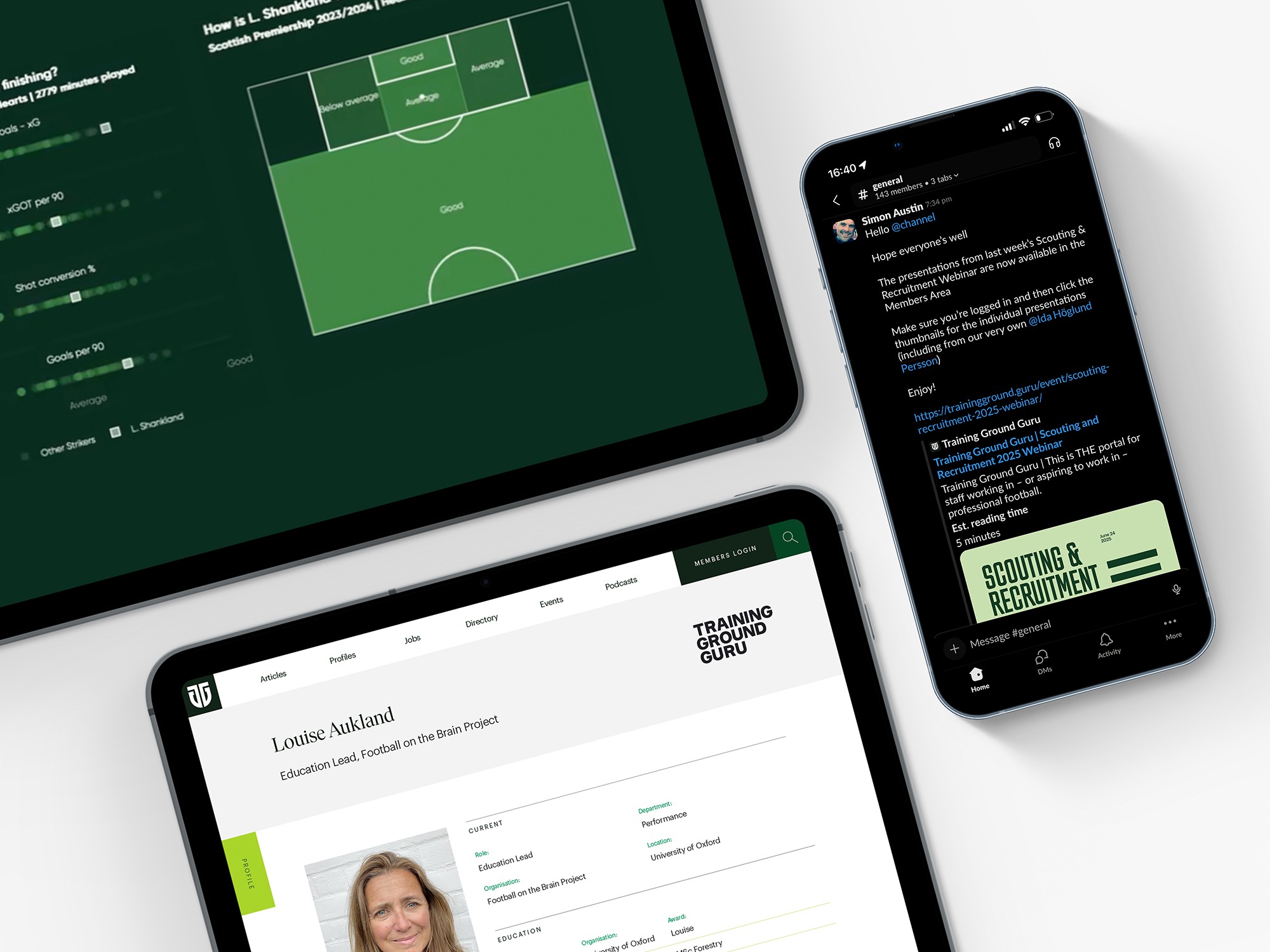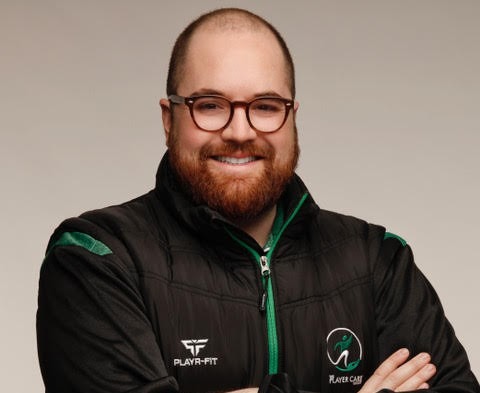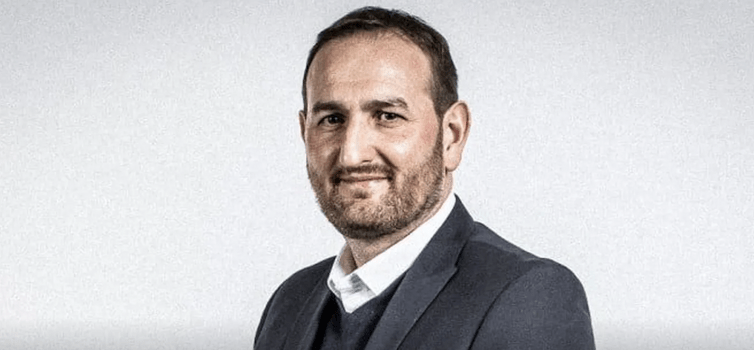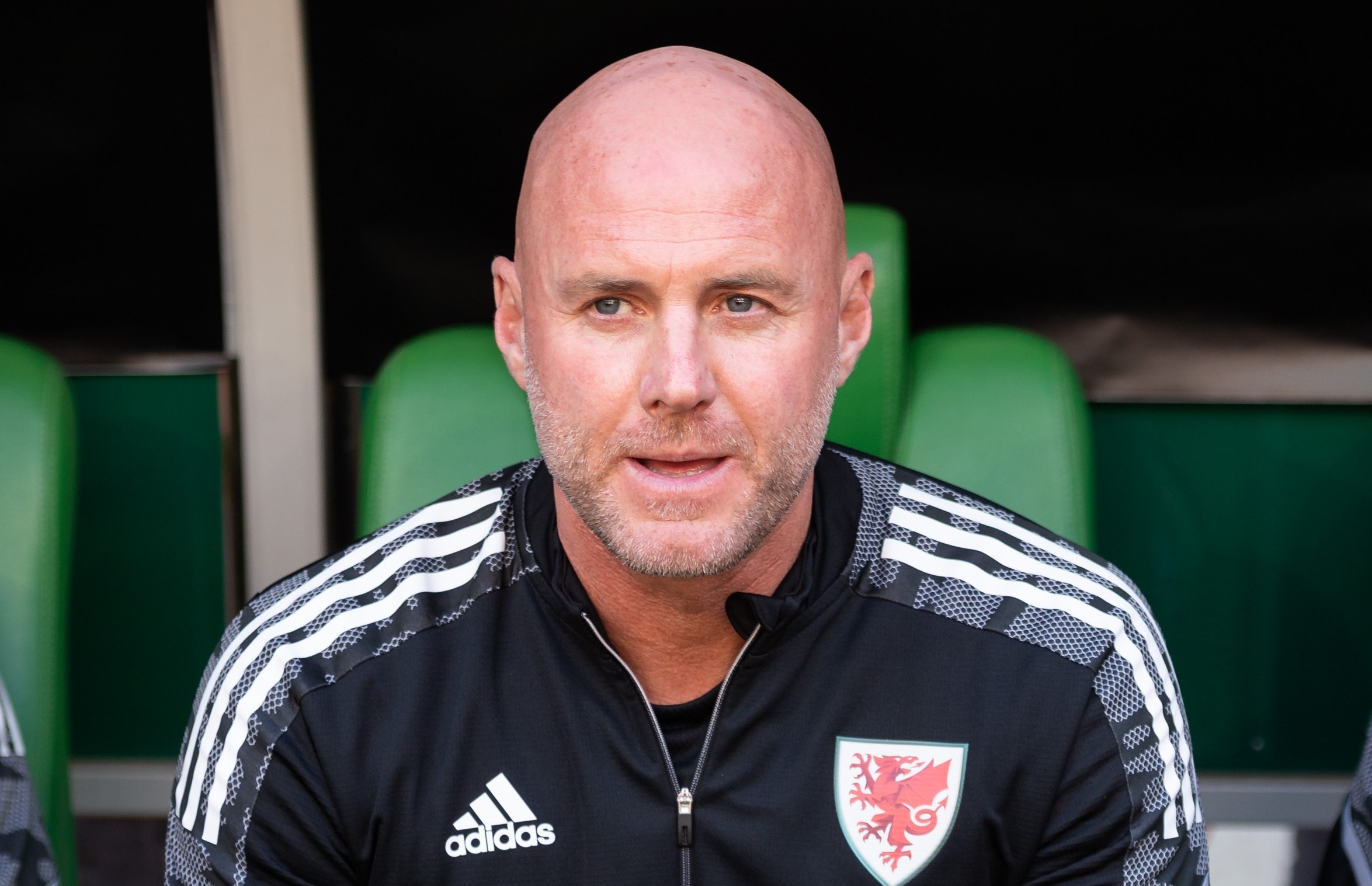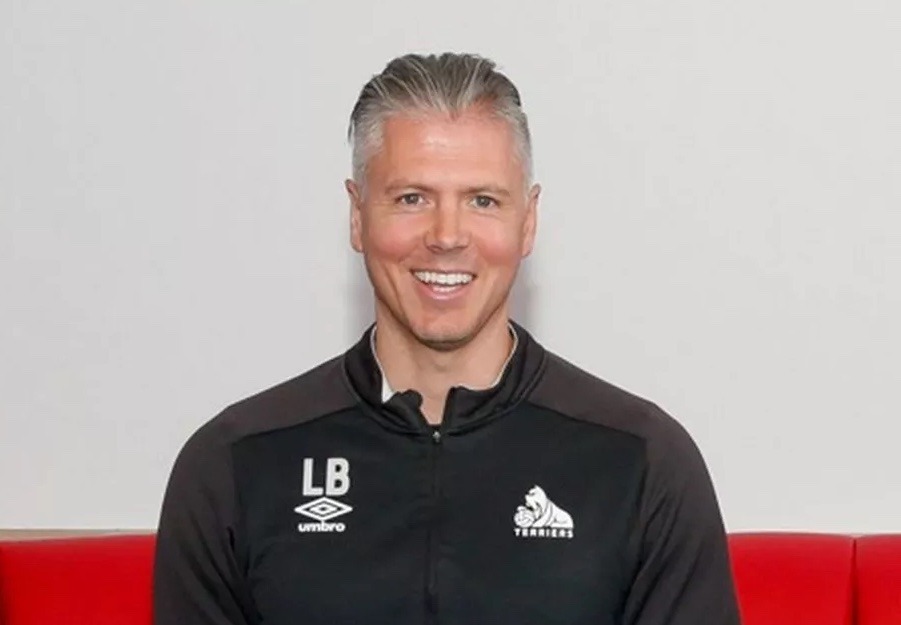
Hugo Scheckter: How proactive player care can save clubs billions of pounds
Written by
Ian Westbrook
July 23, 2025
Football clubs are wasting billions of pounds on failed transfers which could be prevented through better player care, says founder of the Player Care Group, Hugo Scheckter.
Speaking at TGG Live 2024, in a presentation that is now available to TGG Members, Scheckter revealed that data published on the day of his speech in September 2024 showed that deals where a new player had missed 40% or more of games had cost Premier League clubs a cumulative £1.2 billion (1.4 billion euros) in the previous three years. That worked out to £20.2 million (23.3 million euros) per club per year.
His company partnered with stats firm Way to Play for the research.
He asked the audience at St George’s Park what percentage of players they thought had failed in their clubs or organisations and how many of those were because the player or their family could not settle or were unhappy.
“If it’s more than 1% it’s cheaper to have a three-person player care team working proactively than letting them fail,” he said.
Become a TGG Member to watch this full presentation by Hugo Scheckter – and much more.
Click below to find out more.
Scheckter has worked for five Premier League clubs, including Southampton, West Ham United and Brentford, and, in 2020, set up the Player Care Group. He is now one of the world’s leading authorities in player care.
His work has taught him the issues new players can face, especially ones coming into a new country, such as learning the language and living in a hotel, alone or with their family, for a long period of time.
“Proactive player care can try and get ahead of these things to try and stop them happening,” he said. “Can’t always prevent them but try and stop them, and that’s the club’s investment in its assets.”
What is player care?
Scheckter said he did not think a lot of people understood what was meant by the term player care.
“Is it a mental health thing, is it a support thing, is it a concierge? Turns out it’s very different at every single club.
“Obviously, maybe the relocations of families, maybe making sure the team’s running OK off the pitch, personal, developmental, giving people the life skills to be able to look after themselves and then welfare, which is the appropriate signposting to trained mental health professionals. I’ve managed some if not all of these things at every single club.
“I’m not a loan manager, but how are we looking after the young people who are out on loan, often the young development loans – 18 years old, it might be the first time they’ve lived away from home.
“How are we making sure that their situation, living situation, is not undermining their football side? And same with injuries, it’s not how do we fix a broken leg, but how do we keep that person integrated into the team? How do we make sure that their house is appropriate for where they’re living and their injury they’ve got?”
In his talk, Scheckter discussed two cases on which he had worked – one which he had handled correctly and successfully, but another where he had not taken the best steps when looking after a player, who ultimately left the club much sooner than they should have done.
He did not name either individual, but did reveal what had happened.
The one which did not work out was at Southampton and Scheckter said: “I got this one completely wrong.
“This was a young player who joined from a European club. Him and his wife didn’t really speak much English, and I would just check in with him every day.
“He was very, very happy. He was playing OK, but he was kind of in and out the team. And I really didn’t take much notice. I was like, ‘yeah, he’s happy, we’ve got everything he needs’. About six months into my time there, I had to go around his house. I can’t remember what I was doing there. And I walked in and his wife absolutely just, like, exploded at me.
“And she’d basically been sat in a house, in a flat for six months, not speaking in English, not being able to drive, not having any school, social network.”
Scheckter said the player’s wife wanted to leave and despite introducing the couple to some of the other Spanish families, they did go at the end of the season.
“We sold him for a quarter of what we paid for him a year earlier. That was 100% on me as a player care person, having not made the proactive support.”
The story of the singing Elsa
However, Scheckter also had a positive example to share with the audience.
“There was a player, who was actually looking to sign at Brentford, and he said to us, ‘the most important thing is my wife and my daughters are happy, if they’re happy in the club, I can see myself playing there now’,” he said.
The family stayed in a hotel under the M4 motorway close to the Bees’ old ground, Griffin Park. After walking around the area, they decided they did not like it, but Scheckter persuaded them to return and this time look at nearby places like Richmond.
“We decided to try and fix that,” he said.
“I found out that the daughters really liked Frozen. We hired an Elsa, which those of you who have kids might know. Elsa. Turns out there’s a price difference between a singing Elsa and a non-singing Elsa.
“So that’s something I learned. So we got the singing Elsa. We went all out, we took them around London, we showed them the nice areas, we took them to see the schools. The kids were able to play with their potential classmates. We showed them houses. And by the end of that trip, the wife said to me, ‘this is home, we’re good to go’.
“Now, I don’t know, maybe he would have still come here, maybe he wouldn’t have done. But that was something where we stepped out and we proactively tried to go ahead and get ahead of that issue. And there are loads of other proactive things that good player care can do to look after players.”
I think bad player care can really undermine the work that performance staff are doing.
Hugo Scheckter
Scheckter said clubs are not giving enough resources to player care.
“There’s not many player care staff in the Premier League,” he said. “The Premier League has no rules, clubs can do whatever they want in the first teams, and so you’ve got sometimes one person doing it. That’s a lot of responsibility for one person.”
He pointed out that while players may train for three hours a day, the 21 hours away from the training ground is the time that player care should be covering.
“Are you losing maximal gains by not getting this right? I think bad player care can really undermine the work that performance staff are doing.
“I’m not saying we need 25 player care staff, although that would be good for business, really looking at two or three people to do a proactive good job of getting ahead of this and protecting all the work and expense that’s spent on that side.”
Scheckter was asked by an audience member how much of a crossover there is between player care and recruitment.
“When you have a good player care department, that buys into the recruitment,” he said.
“A lot of times it’s selling that the player is interested in the training ground and the staff, but often the partner and the family, they want to know what the school’s going to be like, what’s life going to be like, how is it like to live? And we could do a really good job of trying to sell that.”
Scheckter was speaking at last year’s TGG Live event. This year’s takes place at Old Trafford on Tuesday October 7th and Wednesday 8th and you can be there. Tickets are on sale now and many elite speakers are already confirmed to take part.
For more details and to buy tickets, click here.
Follow Us
For latest updates, follow us on X at @ground_guru


